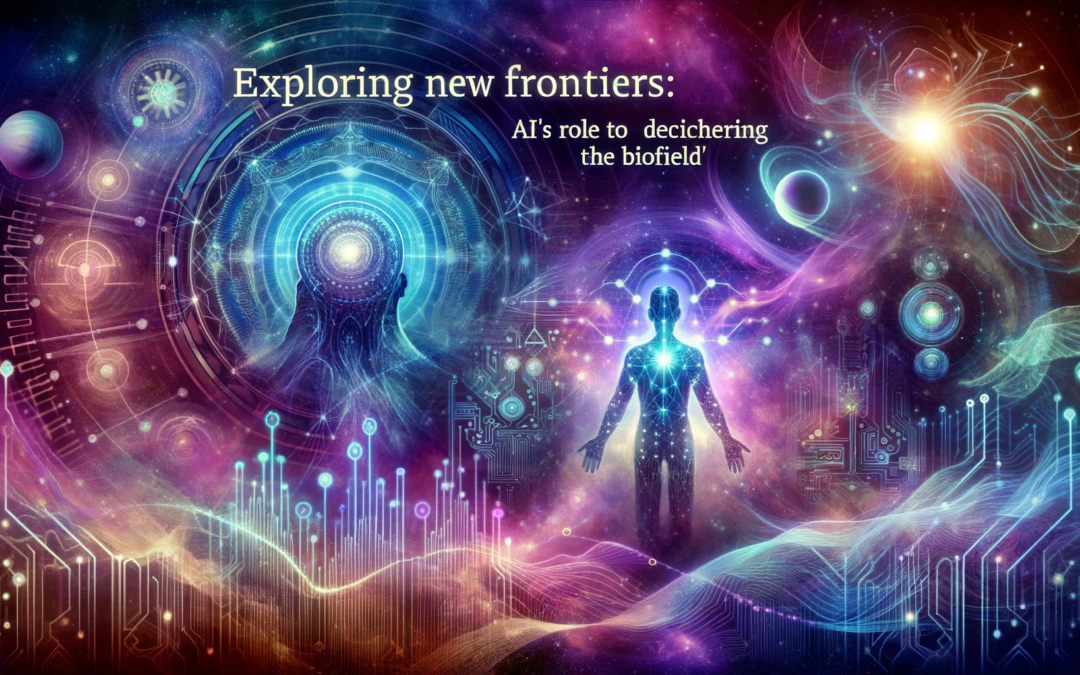The concept of a biofield, or aura, has long been a subject of intrigue in both spiritual and alternative medicine circles. With advancements in Artificial Intelligence (AI), there’s a growing interest in exploring how these technologies can be used to understand and interact with this elusive aspect of human existence.
Understanding the Biofield: Historical and Cultural Context
The biofield, often referred to as the aura, is described in various cultural and spiritual traditions as an energy field surrounding living beings, reflecting their physical and emotional states.
Scientific Inquiry
While mainstream science remains skeptical, there has been a growing interest in scientifically exploring the biofield concept, particularly in the context of energy medicine and holistic health.
AI in Biofield Research: Data Analysis and Pattern Recognition
AI’s strength in analyzing complex patterns can be applied to study the biofield. By processing data from biofield imaging techniques, AI can help identify patterns linked to specific health conditions or emotional states.
Sensor Technology and Biofield Mapping
Advancements in sensor technology, enhanced by AI, could enable more sophisticated mapping of biofields, potentially correlating them with physiological data.
Challenges and Controversies
Scientific Skepticism: The biofield concept is often met with skepticism in the scientific community due to the lack of empirical evidence and measurable parameters.
Technological Limitations: The complexity of interpreting something as intangible as a biofield poses significant challenges, even with advanced AI.
Potential Applications
Holistic Health and Wellness: Understanding the biofield could have implications in holistic and alternative medicine, providing a more integrated view of health.
Emotional and Psychological Insights: AI analysis of biofields may offer new ways to understand emotional and psychological states, potentially aiding in mental health treatments.
Ethical and Privacy Considerations
Consent and Privacy: The use of AI to analyze personal biofield data raises privacy concerns and ethical questions about consent and data use.
Misinterpretation and Misuse: There’s a risk of misinterpreting biofield data, leading to potential misuse or misguidance in health-related decisions.
Conclusion
The intersection of AI and biofield research represents an exciting, albeit controversial, frontier in science and technology. While the potential applications could be transformative, particularly in holistic health practices, they must be navigated with caution, scientific rigor, and ethical consideration. This exploration could signify a step towards a more integrated understanding of the human body and mind.










